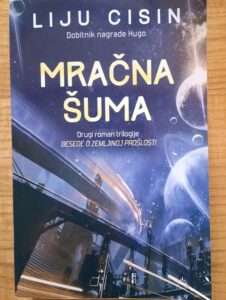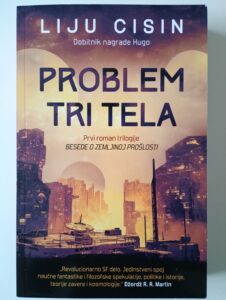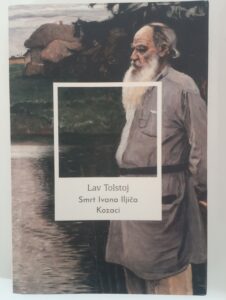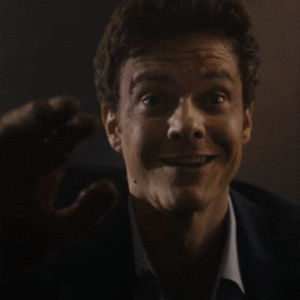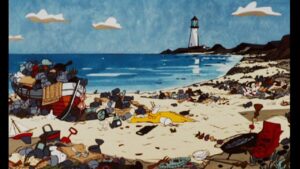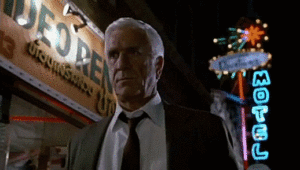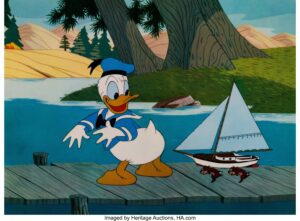Brave New World (1932)
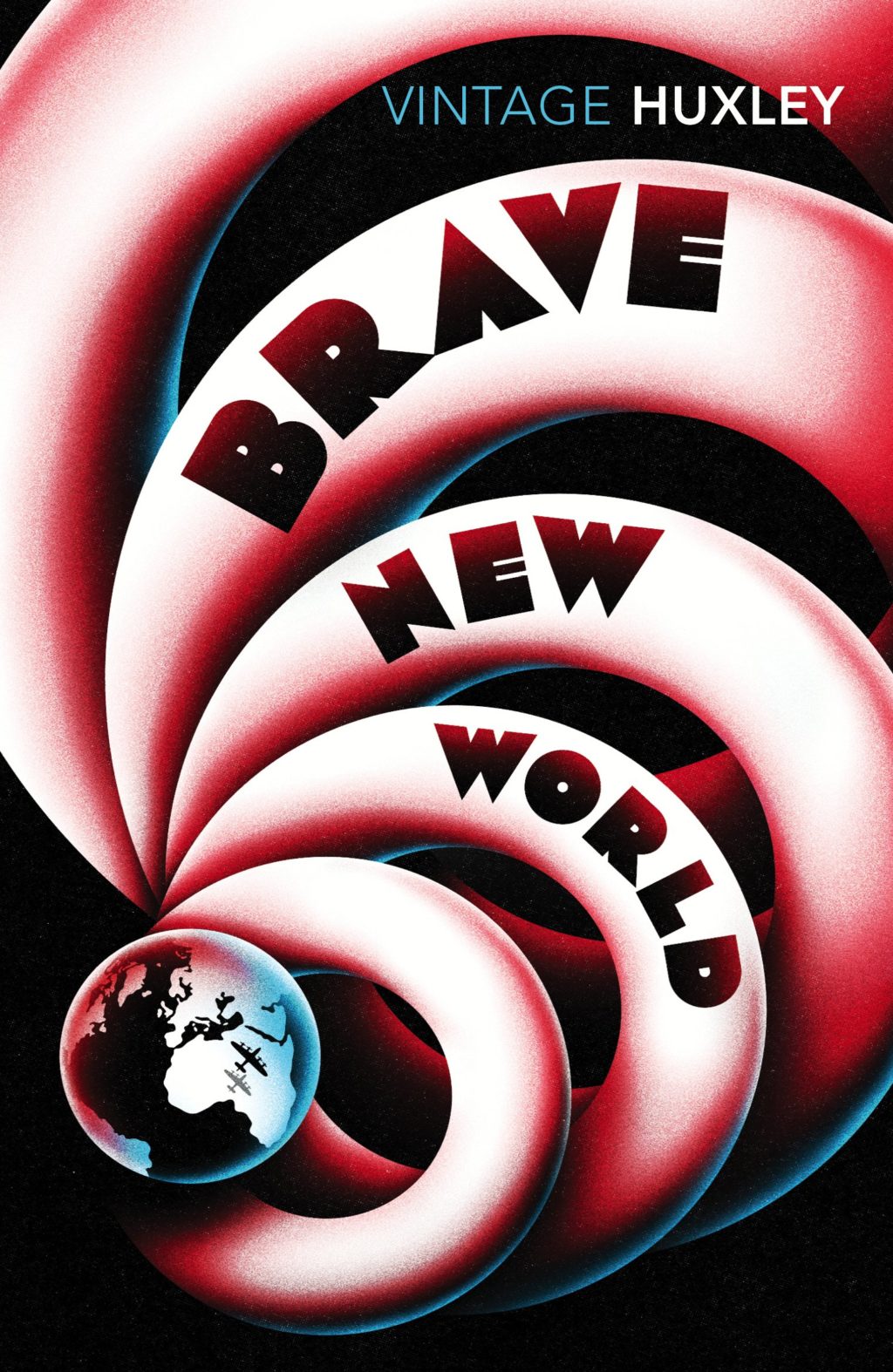
…………………………………………………
Brave New World Book Review
Brave New World is a 1932 dystopian science fiction novel by Aldous Huxley. It is one of the most important and most relevant dystopian fiction works.
………………………………………………….
“Most human beings have an almost
infinite capacity for taking things for granted“
…………………………………………………..
…………………………………………………..
The novel depicts a futuristic society called the World State that revolves around science and efficiency. Emotions and individuality are conditioned out of children at a young age, and there are no lasting relationships because “everyone belongs to everyone else”. Often compared to Orwell’s ‘1984’, but actually very much different in its depiction of dystopia that is also utopia in certain aspects, the story is still a bit less impactful to me personally due to Huxley’s unorthodox writing, which is why I prefer the aforementioned work.
However, where Huxley excelled at is the depiction of the future that turned out to be eerily similar to today’s society in the Western countries. Unlike Orwell’s story, there is no physical torture here nor is there any sort of old-fashioned totalitarianism present. Instead, we see genetic interventions that literally create humans in the leaders’ image, and we see the extreme dependence on both technology and comfort.
Huxley was so ahead of his time in that latter area in particular. Nowadays, we already see this problem as people are getting numb due to their obsession with countless minute activities and gadgets that we use on a daily basis. The novel cleverly positions that being human is to reexamine and question authority, but in this world, people are reduced to their most animalistic impulses. They get everything that they want, including polygamy, thus they fail to engage in political discourse, art and all things that actually make us humans in the first place.
…………………………………………………..
…………………………………………………..
The biggest SF element in the novel is genetic conditioning of humans to become obedient and live life as ordered. They are born artificially with sex being reduced only to being a physical pleasure with no romance and/or conception being involved. This leads to the most tragic moments in the story that revolve around those “savage” people being mocked for having a biological mother and/or wanting to actually have a monogamous relationship. The extreme promiscuity is one of the things that Huxley so smartly predicted and this is probably the biggest rot of today’s Western Civilization.
Extreme consumerism and capitalism are also present here and both were eerily well predicted unfortunately. His point that happiness and comfort are not really compatible with objective truth and being human is his most thought-provoking message. You’d think that this is utopia as it is portrayed here, but it’s not. Instead, it’s one of the most deadening, most subtle and most dangerous utopias ever put on the page. Individuality, the horrors of alienation and the dangers of making a cult out of non-religious celebrities are some of the other themes superbly explored in this work.
Brave New World is immensely original in its structure. By focusing on not one, but two protagonists, the story garners a deeper meaning and a more encompassing outlook on life. Bernard is from this “civilized” state while John is the “savage”. We quickly see that the opposite is true and it’s interesting how Bernard never quite manages to fight for himself despite wanting to while John meets the most tragic conclusion to his story. Everybody ends in a bad place, which makes the story’s genre also a tragedy, and a very effective one at that. The author cleverly posits that both the “savage” world and this “utopia” are problematic extremes and that civilization should ideally operate somewhere in between.
…………………………………………………..
…………………………………………………..
Other characters are less memorable with Lenina being the most striking one, though the novel’s emphasis on misogyny and sexual objectification of women did not feel as timely as some of these other themes. While the author is exceptional at writing dialogue and at world building, I would counter that his characterizations aren’t the best as many of these people are either underdeveloped or downright uninteresting non-entities.



